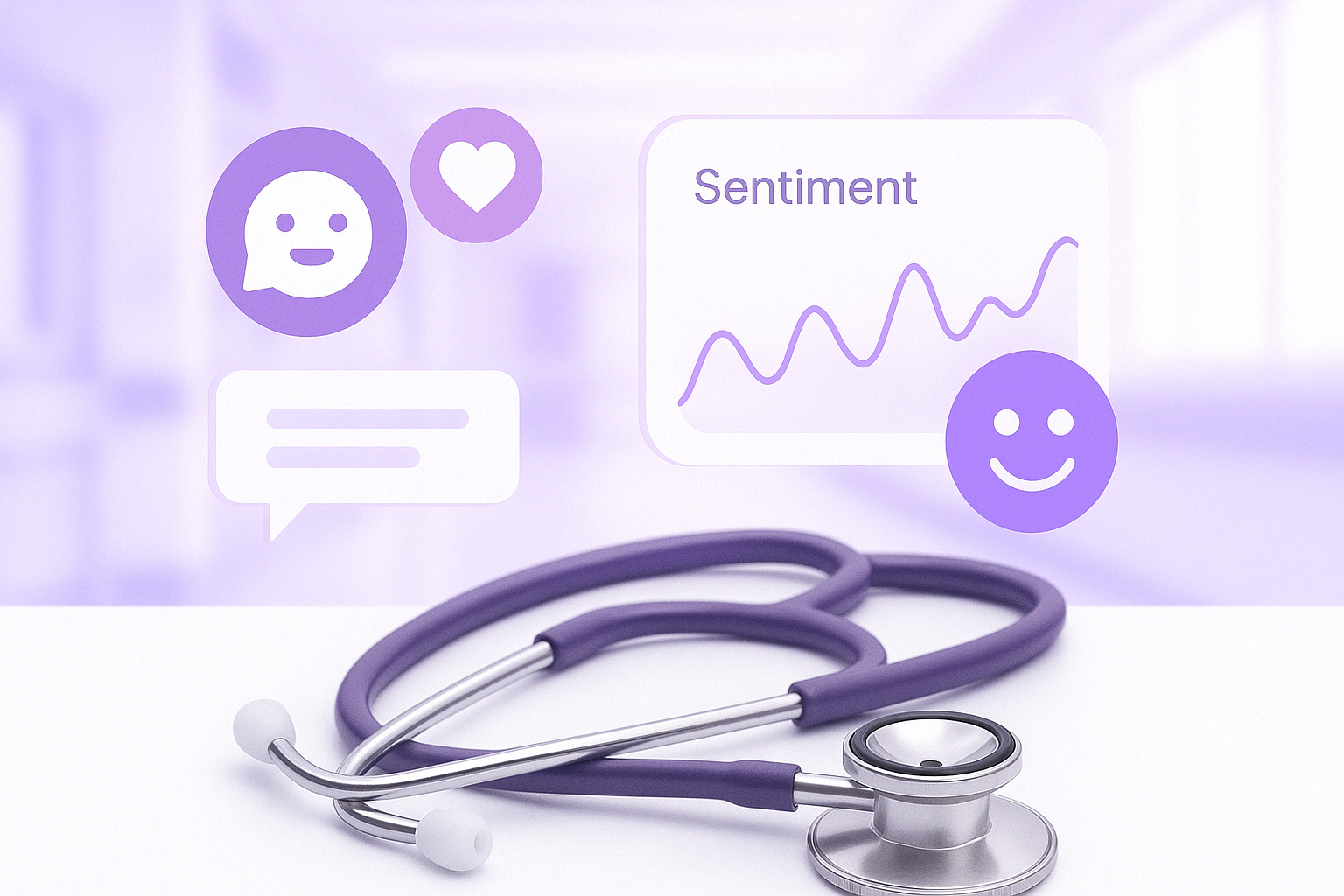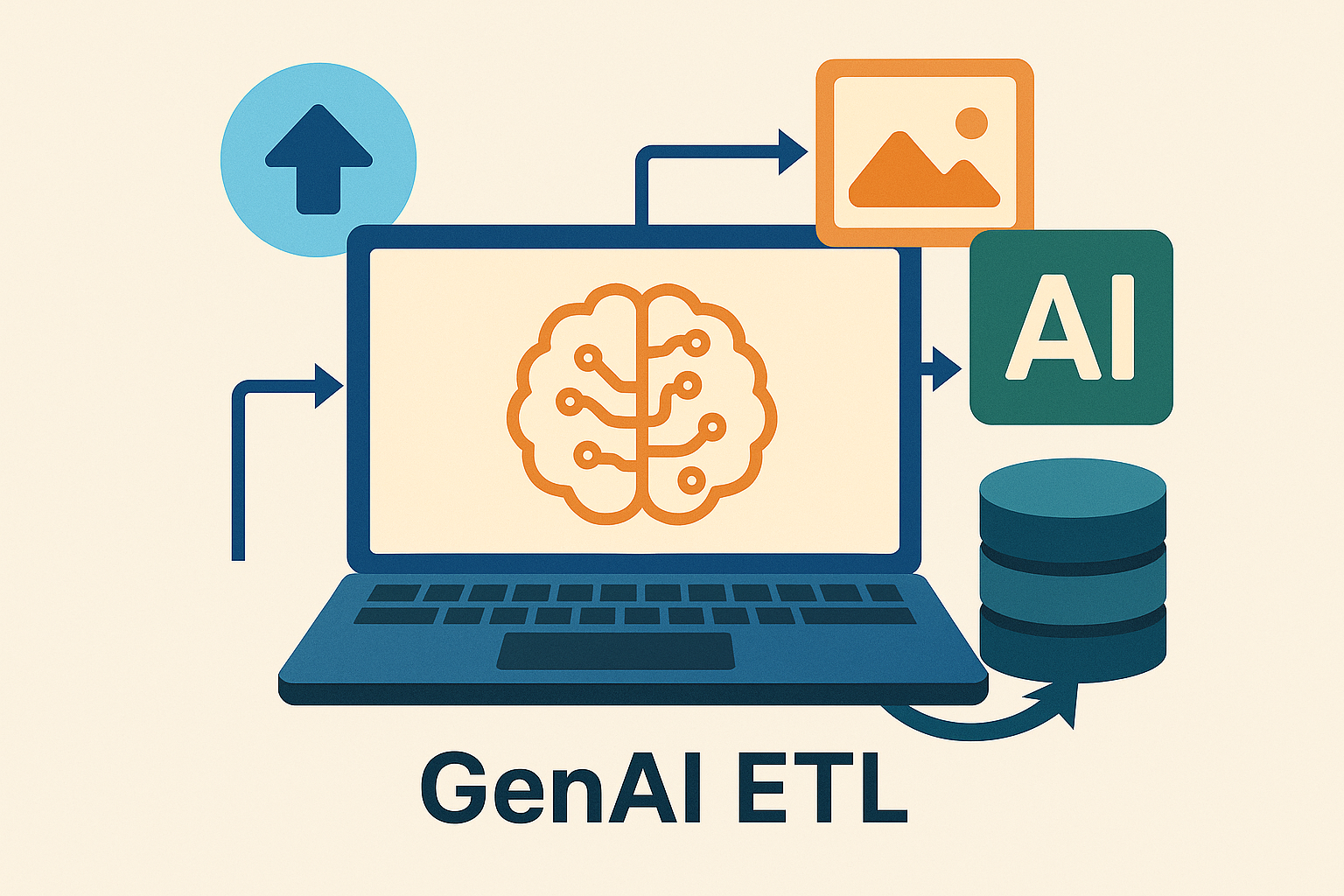Zerayacob Meshesha
Transforming healthcare and financial data into actionable insights through AI and machine learning
Healthcare
Background
AI & ML
Expertise
Data Analysis
Specialty
LLM Applications
Innovation
Bridging Healthcare & Data Science
I'm a data scientist with a background in public health and machine learning, passionate about using AI to drive impactful solutions. At the MCA Clinical Research Lab at USC, I worked on data-driven healthcare research, refining my analytical and problem-solving skills. My experience spans predictive modeling, deep learning, and AI applications, with projects in influenza prediction, COVID-19 anomaly detection, patient sentiment analysis, and sports analytics.
I specialize in building scalable data pipelines, recommendation systems, and AI-driven automation. Proficient in Python, SQL, TensorFlow, and machine learning frameworks, I enjoy tackling complex problems with data-driven solutions.

My Data Science Portfolio
Showcasing my work in healthcare analytics, financial prediction, and AI applications

An NLP-based project analyzing patient reviews to extract sentiment and insights from healthcare data. Helps healthcare providers understand patient experiences and improve service quality.

A data-driven analysis and forecasting model for influenza trends using historical data. Helps healthcare organizations prepare for seasonal outbreaks and allocate resources effectively.

A machine learning model that predicts stock prices by combining sentiment analysis from financial news and social media with technical and fundamental financial indicators.

A sophisticated full-stack digital archive for unpublished manuscripts, featuring the MAYONNAISE classification system, Docker containerization, and modern web technologies.

A modern AI-powered tool that revolutionizes legal document analysis, enabling legal professionals to reduce document reading time by up to 80% through intelligent summarization and information extraction.

A robust ETL pipeline designed to process diverse unstructured data sources (PDFs, websites, images, DOCX) and prepare them for seamless integration with Generative AI applications, particularly RAG systems.